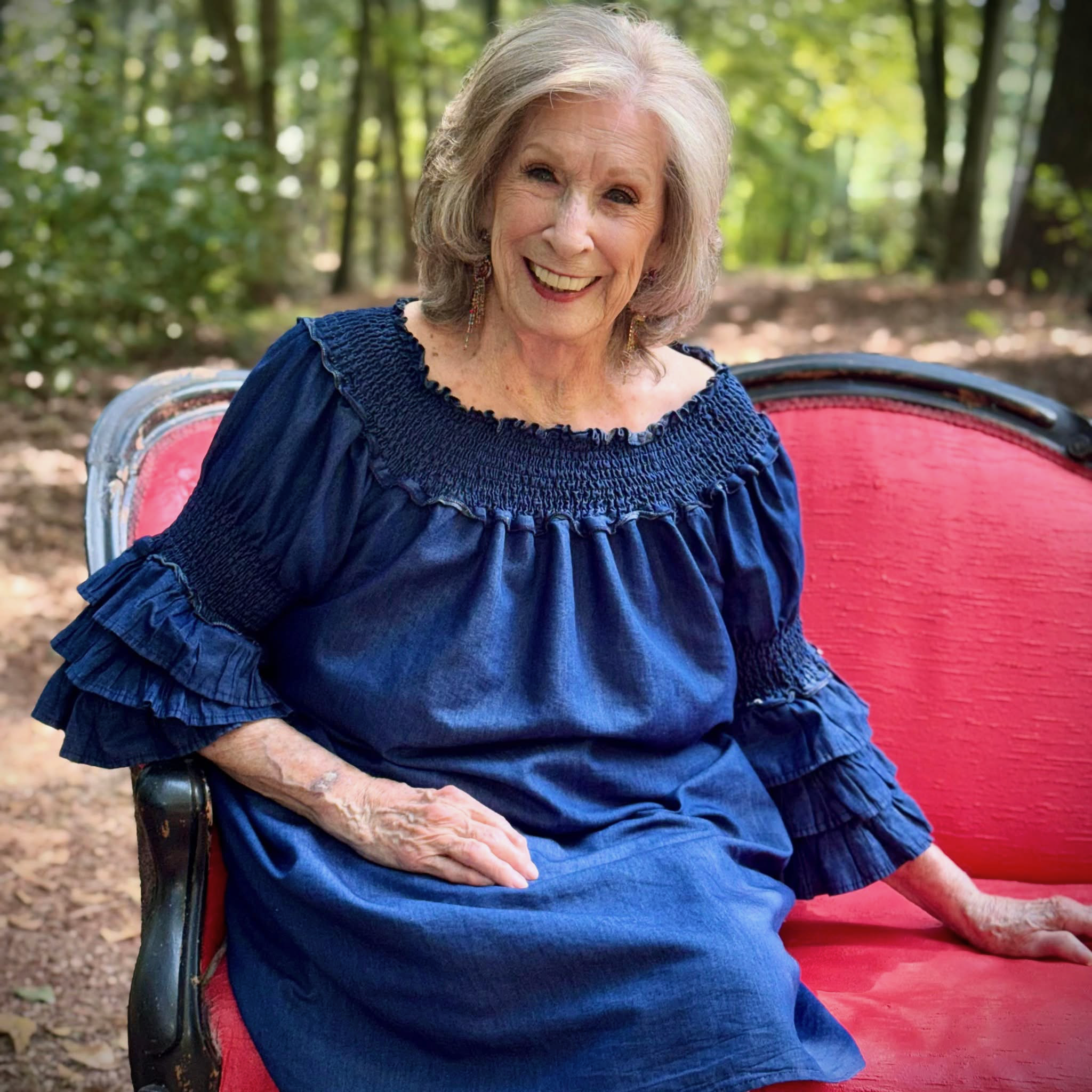‘Be loyal, be on time, try hard.’
How the Hilton Head Choral Society flourished.
Reprinted with permission – The Island Packet
Opinion By David Lauderdale September 23, 2025
The Hilton Head Choral Society launches its 50th season Friday with 75 voices and an orchestra performing spirituals, anthems and old favorites in a program titled “Celebrate Unity.”
It will premiere a work commissioned for the occasion called “Courage Sings” by American composer and conductor Z. Randall Stroope.
For this milestone season, the society will also host the Vienna Boys Choir for two performances in Bluffton in February.
Its own shows will be called “Celebrate the Holidays,” “Celebrate Renewal” and “Celebrate America.”
It remains a non-audition choir open to all voices, just as it was in the beginning.
But the choral society may be more sophisticated today under artistic director Dustin Ousley and the bright lights of the stage at First Presbyterian Church. Ousley succeeded Tim Reynolds, who oversaw much growth in 20 years as artistic director before retiring in 2022.
My recent conversation with the Hilton Head Choral Society’s founding director, Martha Gregory, made clear that the choral society’s story is much more than the tale of a choir. It is the tale of a community.
It’s the story of what makes a community — not roads and bridges and politicians. The Hilton Head Choral Society can make the case that the glue that forms a community is the arts.
Martha Gregory was its creator and first director. She just celebrated her 92nd birthday with a large party at her home in Anderson, complete with a guest playing a hammered dulcimer.
The choral society traces its beginnings to December 1976 — two decades after the first bridge opened to Hilton Head Island – and a performance of the Christmas parts of Handel’s “Messiah.”
Gregory was reared in a musical family that had a grand piano as its prized possession.
Her brother, Joe, was a percussionist who earned a doctorate in music. Her mother sang and played piano and organ. Martha was a lyric soprano trained at Wesleyan Conservatory in Macon, Ga. She was a soloist in large church choirs in New York City and Brooklyn, and had directed a church choir while living in Clemson, before she arrived on Hilton Head in 1971.
Here, she married the late William T. “Bill” Gregory III who was a key figure in the island’s history as the first president of Palmetto Dunes Oceanfront Resort.
Martha Gregory was one of the earliest employees of The Island Packet newspaper, where she was “news editor” on a two-person news staff.
She was involved with the island’s Institute for the Arts, and the beginning of the community theater.
In that era, anyone who wanted something to happen had to organize it and get it done locally. There was no Town Hall. There were no large corporations. Everything — the hospital, banks, churches, Scout troops, businesses — bubbled up from the people.
Gregory put a blurb in the Packet asking people to come rehearse for a community performance of the “Messiah” whether or not they were singers. “
All they had to do was be loyal, be there, be on time and try hard,” Gregory says now.
She had 55 people. They had six weekly sessions to rehearse at St. Luke’s Church with Penny Rose, the accompanist. Gregory invited soloists she knew from Greenville to come down, and pulled together an orchestra, but in the second year the soloists were all local. They were Trudy Miles, soprano; Ginna Freeman, alto; Dick Caldwell, tenor; and Prent Haworth, bass.
The first show was standing room only in the 400-seat “cafetorium” at Principal Isaac Wilborn’s Hilton Head Elementary School.
Among the singers were visual artists Walter Greer, Joe Bowler and Ralph Ballantine.
The arts institute contributed $500 for song books, Gene Martin at the Red and White grocery store supplied the after-show party for the singers, and Elrid Moody of the Bank of Beaufort supported it, like he did so many other endeavors.
Each year that followed, they had to find a larger hall, and add more shows.
The arts tied them all together.
“There were so many new people and nobody knew anybody so this was to be just like a new family for everybody,” Gregory said.
“We were trying to make this a real place to live and a good place to live.”
The choral society may be different today, she said, “But it’s wonderful, and I’m very, very proud of them. It’s been a real blessing to lots of people.”


